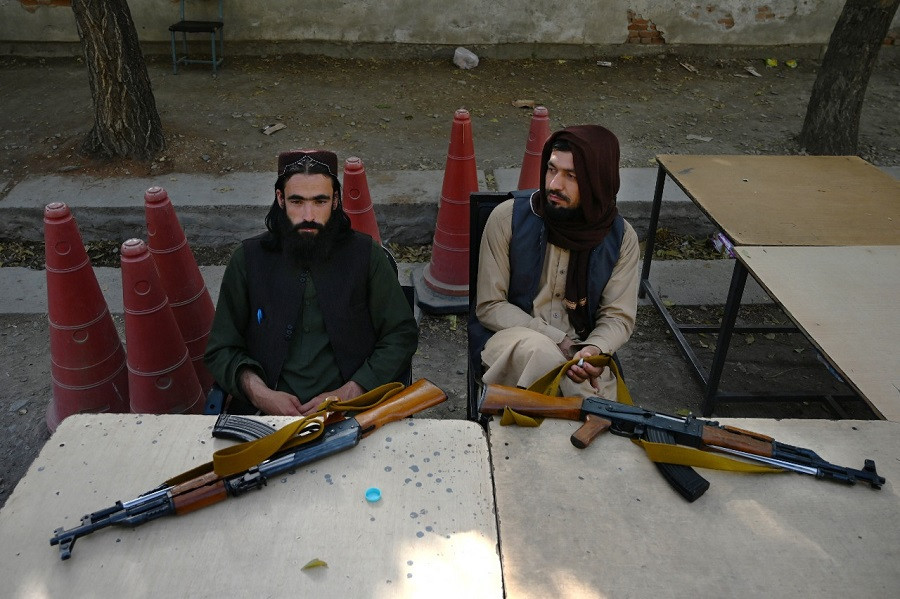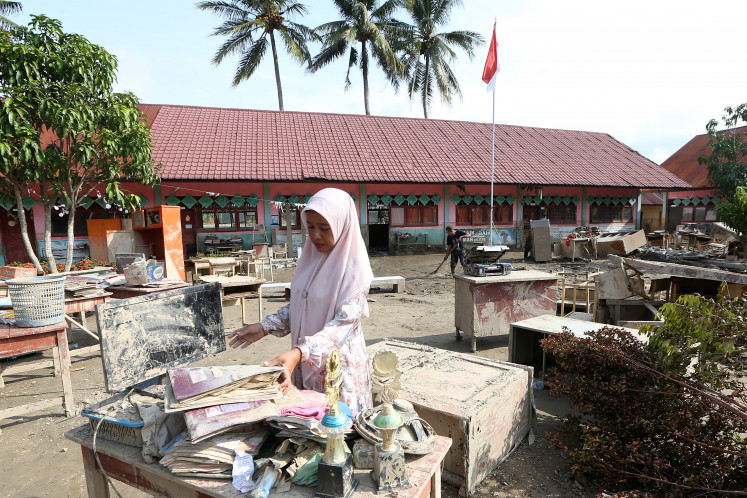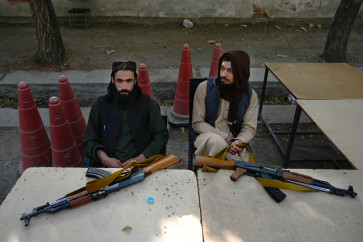Popular Reads
Top Results
Can't find what you're looking for?
View all search resultsPopular Reads
Top Results
Can't find what you're looking for?
View all search resultsAfghanistan's turf war: Implications for Indonesia, the world
The Taliban’s takeover is excellent propaganda material for the call to rise up domestically. This might result in the creation of new group or even the rise of old groups.
Change text size
Gift Premium Articles
to Anyone
T
he United States withdrawal from Afghanistan raised serious concerns among the international community that the country would become a terrorist haven after the Taliban seized power.
Recent reports indicate that the Islamic State (IS) in Afghanistan (ISIS-K) bombed a military hospital last month. With the Taliban holding the reins of power, its capacity and capability in dealing firmly with these groups and to protect civilians are in doubt.
IS has sought to undermine the Taliban’s claim to leadership by asserting that its Islamic law is “insufficient”. On the other hand, the Taliban has vowed to fight IS and prevent the country from being used as a safe haven by terrorist groups, adding to the long history of conflict between IS and the Taliban.
The Taliban’s reign of terror in the 1990s prior to the US invasion left deep emotional scars on the Afghan population. Although IS is unlikely to be more merciful, one cannot discount the possibility that Salafist practitioners in the country would opt to join ISIS-K, considering how IS has been promoting itself as the champion of Salafist ideology.
IS has also managed to recruit former Taliban commanders and ex-Afghan military and intelligence officers. Amid the violence and rhetoric, both the Taliban and IS leaders will be fighting to win the hearts and minds of the Afghan people, to gain broad legitimacy and support among the population.
If the Taliban succeeds in wooing public support, their government will be able to systematically deal with the small extremist groups. If more Afghan people support IS, the group would be able to rebuild its strength and show that the Taliban are unable to maintain law and order.
The Taliban’s failure to stabilize the security situation in Afghanistan will turn the country into a breeding ground for IS and lead to the formation of new splinter groups. For instance, IS is a splinter group of al-Qaeda created by Abu Musab Al-Zarqawi during the US war in Iraq. Furthermore, IS is a transnational terrorist group recognizing no national boundaries, and IS ideology promises “benefits” for all Muslim people, compared with the Taliban’s goal, which is to establish a sharia country within Afghan territory only.


















